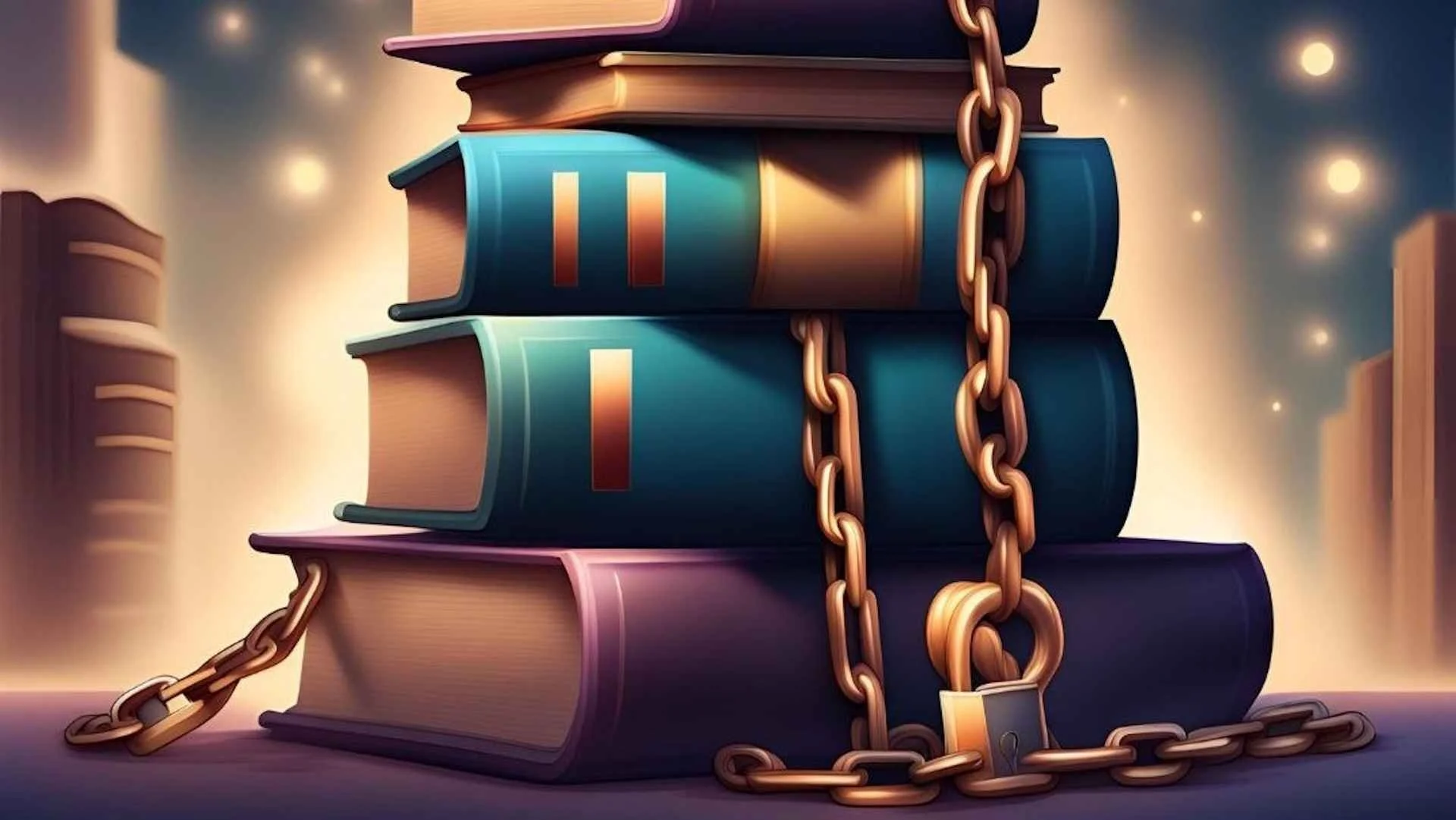In June 2020 the publishers Hachette, Harper Collins, John Wiley and Sons and Penguin Random House, sued Internet Archive, a non-profit digital library, alleging copyright infringement. The Internet Archive launched the National Emergency Library during the COVID-19 pandemic to provide access to e-books by allowing multiple people to borrow from a single digital copy. They scanned physical copies of books to create their digital library. A New York District Court ruled against Internet Archive, stating their reproduction and distribution of entire books violated copyright laws. The Internet Archive has appealed this decision before the US Court of Appeals for the Second Circuit.
The lawsuit generated discussion around publishers’ restrictive and costly e-book licensing models for libraries. Publishers offer e-book licenses to libraries at costs that are significantly more than the prices for end consumers. These e-book licenses for libraries are often limited to periods such as two years and can even limit the number of checkouts. This makes it difficult for libraries to afford and maintain diverse collections. The expensive and restrictive e-book licenses may lead to limited access to information. The situation is similar in India's academic institutions, where high prices for digital resources strain budgets. The article suggests that fairer, more affordable e-book licenses could support wider access to knowledge.
Have you ever wished you had access to a digital library with copies of the latest bestseller or a reference book that your academic library didn’t stock? Digital libraries are especially beneficial to people who find it difficult to physically visit libraries due to distance or disability. The Internet Archive (IA), a non-profit digital library launched the National Emergency Library during the COVID-19 pandemic in the US. It allowed thousands of people to borrow e-books against a single copy of an e-book that IA stocked. This was in contrast to their usual controlled digital lending model, where if IA owned two physical copies of a book, it would only lend two e-book copies. And while the e-book was lent out, the physical book would not be in circulation.
The e-books in IA’s library were not purchased from e-book marketplaces like Amazon Kindle, Google Books, or academic publisher websites. Instead, IA created these e-books by scanning physical books they had purchased. Consequently, in June 2020, the publishers Hachette, Harper Collins, John Wiley and Sons, and Penguin Random House filed a lawsuit against IA in a New York District Court. They alleged that the IA’s digital library infringed their copyright by creating and distributing e-books of their published books. IA argued that their actions constituted fair use. The fair use exception in the United States allows people to utilize a copyrighted work, without permission from the owner, after considering certain conditions:
1. the purpose and character of the use, including whether it is commercial or for nonprofit, educational, criticism, news reporting, or research purposes;
2. the nature of the copyrighted work;
3. the amount and substantiality of the portion of the copyrighted work used; and
4. the effect of the use on the potential market for or value of the copyrighted work.
The District Court for the Southern District of New York held that IA’s National Emergency Library and even its controlled digital lending model constituted copyright infringement. The court stated that IA reproduced and distributed complete books without transforming them in a way that counts as fair use.[1] A work with “transformative” character adds value to the copyrighted work by adding new expression, meaning or insights.[2] Further, the court ruled that IA was creating competing substitutes for the e-books sold by the publishers, consequently harming the latter’s potential market.
The question that arises is why would organizations like IA risk legal disputes through Robin Hood-style projects instead of just legally buying e-books to lend?
Firstly, libraries cannot simply purchase e-books and lend them in the manner they purchase and lend physical books. To prevent people from creating multiple copies of an e-book after purchasing just one copy, publishers encode e-books with technology that prevents their replication or sharing. Consequently, publishers have devised licenses enabling libraries to lend e-books. These licenses are often priced differently than e-books for consumers. Specifically, e-book licenses for libraries often cost more than the price of e-books for end-consumers. In January 2021, a library in the US spent over USD 22,000 for 639 e-book licenses for “A Promised Land” by Barack Obama.[3] That same amount could buy over a thousand physical copies of this e-book, as they were priced at USD 18 each. There are even cases where the library license for an e-book is thrice the price of a hardbound copy of the same book.[4]
Secondly, many publishers limit library e-book licenses to a specific period, ranging from six months to two years or more. After this, the license must be repurchased, unlike physical books that are perpetually owned by a library once purchased.[5] Some publishers may offer perpetual licenses but at much higher prices compared to limited-period licenses. For example, e-books by Hachette cost $14.99 for end consumers, while perpetual licenses for libraries cost USD 84.[6] E-book licenses that expire within two years are usually priced around USD 50-60, with a discount for the first purchase.[7] Finally, some e-book licenses for libraries even limit the number of times an e-book can be lent, necessitating the purchase of a new license once the limit is reached.[8] Often, library licenses come with a cap of 26 checkouts or lends.[9]
Internet Archive’s digital library is a response to the struggles of lending libraries against expensive and restrictive e-book licensing models. Moreover, the perception of overpricing has been directly linked with a willingness to access e-books through piracy.[10] Digital piracy is frequently driven not only by an unwillingness to pay high prices for copyrighted material but also by an inability to afford it, leading to a lack of access to information.
Understandably, publishers suffer considerable losses due to digital piracy and thus seek to monetize e-books as extensively as possible through e-book licenses for libraries. Publishers argue that unlimited access to e-books will damage their sales and harm the publishing industry.[11] However, unlimited access can be prevented by continuing the model where one e-book copy under one license can be lent only to one patron at a time. Furthermore, the current e-book licensing and pricing models may prove unsustainable for libraries and may lead to reduced varieties in library catalogs. It is crucial for libraries to offer access to diverse reading materials as they are an affordable source of information. This ensures that culture and knowledge are accessible to everyone and not limited to people who can afford to purchase books.
The concerns around e-book licenses for libraries are also relevant to India’s research and learning ecosystem where public libraries remain underfunded and underdeveloped. Even if Indian libraries seek to offer access to digital products like e-books through initiatives like the National Digital Library, expensive licenses may keep popular e-book titles out of their reach.
Even academic libraries in elite education institutions struggle to keep up with the prohibitive pricing of digital products like e-journal subscriptions.[12] The Indian Institute of Science, one of India’s premier research institutions, reportedly spends INR 20.50 crore annually on online journal and database subscriptions. The renewal of these subscriptions is subject to an increase in costs and academic institutions have to manage their budgets by picking which journals are truly worth the increasing costs.[13] Further, many institutions do not have budgets to provide access to online academic journals or books published by international publishers. Students and researchers from these institutions depend on portals like Sci-Hub and Libgen to access information.[14] These shadow libraries are also embroiled in a copyright infringement lawsuit with journal publishers, including the periodical arm of Wiley Publications, a party to the lawsuit against Internet Archive.
High prices of e-book licenses may make it impossible for libraries to provide people with affordable access to knowledge and culture. Liberal e-book licenses for libraries could decrease individual piracy, preventing loss to publishers. It may even help avoid costly copyright infringement disputes. Thus, publishers must consider offering reasonably priced, perpetual e-book lending licenses and avoid restricting the total number of checkouts allowed.
—
[1] Hachette Book Group Inc. et al. v. Internet Archive et al., 1:2020-cv-04160 (S.D.N.Y. 2023)
[2] Campbell v. Acuff-Rose Music, Inc., 510 U.S. 569 (1994)
[8] https://www.washingtonpost.com/technology/2021/03/10/amazon-library-ebook-monopoly/
[10] https://link.springer.com/article/10.1007/s10824-020-09390-4
[11] https://www.govtech.com/biz/data/behind-e-books-libraries-find-restrictions-and-high-costs

